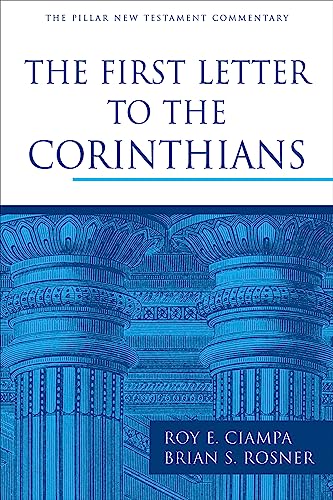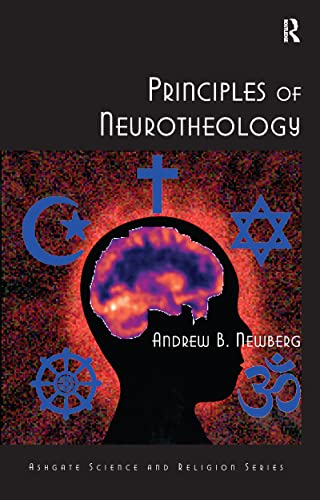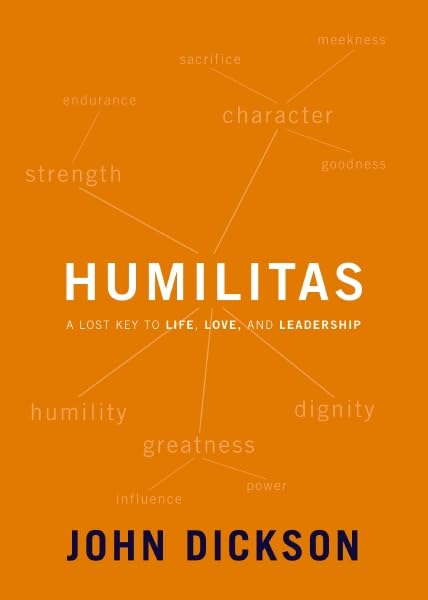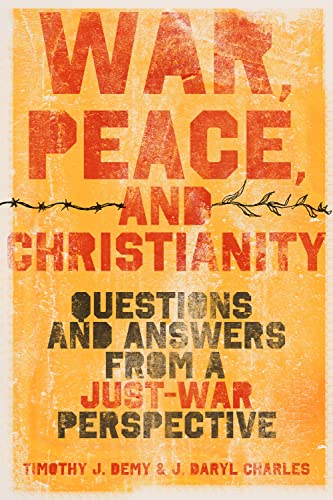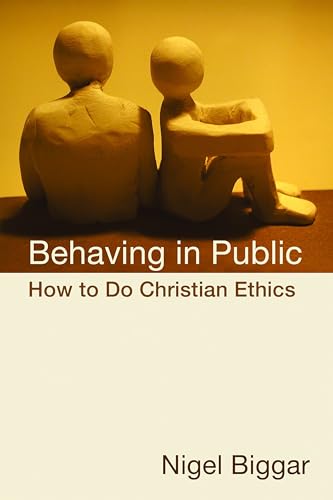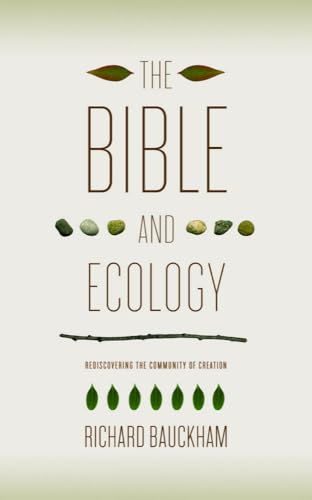The First Letter to the Corinthians
Written by Roy E. Ciampa and Brian S. Rosner Reviewed By H. H. Drake Williams IIIThe letter of 1 Corinthians has much to say to the church in a postmodern world. From its theology of the cross, to ethical injunctions, guidelines for Christian worship, and the work of the Holy Spirit, there is a great deal that the contemporary church can gain from this letter. First Corinthians, however, is also filled with difficult sections to understand due to the wording that Paul uses and the historical setting of Corinth. Besides these complications, modern commentators have given rival interpretations of the letter that makes interpretation even more difficult.
Into this milieu Ciampa and Rosner have provided a helpful and innovative commentary. It explains difficult portions of 1 Corinthians, elucidating wording and historical background. It is a coherent commentary, taking account of Paul's OT and Jewish roots. It interacts with the latest scholarship on 1 Corinthians without becoming inundated in scholarly detail. It also arrives at an understanding of the letter for the first century as well as for the twenty-first century. This is a noteworthy achievement in 1 Corinthians studies.
Ciampa and Rosner rightfully draw attention to three matters that are critical in reading 1 Corinthians:the church in Corinth, Paul's identity and aims, and the interpretation of the letter. The authors begin the commentary explaining their perspective on these important matters.
Regarding the background of the church in Corinth, Ciampa and Rosner support the results of modern scholarship. Recent commentaries by Anthony Thiselton, Ben Witherington, Gordon Fee, and others have stressed how Greco-Roman values are influencing the Christians at Corinth rather than Gnosticism or Hellenistic Judaism. Ciampa and Rosner rightly see that the Corinthians are trying to be Christians with the least amount of social and theological disruption. The Corinthian problems stem from the infiltration of Greco-Roman values.
Ciampa and Rosner make their greatest contribution to Corinthian studies in their discussion of Paul's identity and aims. They draw attention to Paul as a Jew, Roman citizen, follower of Jesus, eschatological herald, and apostle to the Gentiles. While Paul's identity is important in studies of his letters, this is the first recent commentary that emphasizes the importance of Paul's identity for the understanding of this letter.
When Ciampa and Rosner overview the letter's interpretation, they also chart a fresh course. Rather than assuming that the letter does not contain an overall global structure or assume that it is oriented around the theme of unity, they believe that an OT and Jewish frame of reference is necessary for the best reading. When this is taken into account, they believe that immorality and idolatry are the main problems at Corinth that Paul refutes.
With these as the main problems, they organize 1 Corinthians in the following way:
- Letter Opening (1:1-9)
- True and False Wisdom and Corinthian Factionalism (1:10-4:17)
- “Flee Sexual Immorality” and “Glorify God with Your Bodies” (4:18-7:40)
- “Flee Idolatry” and “Glorify God in Your Worship” (8:1-14:40)
- The Resurrection and Consummation (15:1-58)
- Letter Closing (16:1-24)
In their interpretation of the letter, Ciampa and Rosner provide guiding principles by explaining the letter's overall biblical-theological framework. While there are many OT texts that influence 1 Corinthians, they see Deuteronomy and Isaiah as the key OT texts governing the letter. Quotations from Deuteronomy guide the way particularly for ethical injunctions in 1 Cor 5-14. References to Isaiah define wisdom and provide a framework for the salvation-historical plan that runs through 1 Corinthians.
Ciampa and Rosner also see four key themes that organize the letter: the lordship of Christ, worldwide worship, the eschatological temple, and the glory of God. Paul pits the Corinthians' problems over against what should be their experience of the crucified Christ. The expectation of the worldwide worship of God in his holy temple should also be their expectation. These themes along with the OT backdrop provide touchstones to which Ciampa and Rosner return throughout their commentary.
This commentary also uniquely analyzes Greek verbal aspect. Over against drawing conclusions from the present, aorist, or perfect tenses of the Greek verb, Ciampa and Rosner advocate caution in analyzing tense. Rather than finding punctiliar, continuous, iterative, gnomic, and other aspects within the verb alone, they encourage considering verbal aspect as well as lexical aspect and contextual features before deciding whether a verb is functioning in a punctiliar, continuous, iterative, gnomic, or other manner. This influences their discussion on numerous texts such as 1 Cor 1:2; 2:14; 3:18; 4:8; 6:20.
This commentary challenges many readings of 1 Corinthians in a good way. The OT does provide an important key for understanding the totality of the letter. This is undervalued in many other commentaries, but it receives the attention it deserves in this commentary. The authors' encouragement to see 1 Corinthians as a call for purity rather than unity is also an important challenge. Too many within the church today are advocating for a unity at all costs. This commentary rightly shows that purity is important.
Emphasizing Paul's stand against immorality and idolatry also helps organize the letter by tying together sections that are often seen separately. This theme helpfully highlights how Paul encourages the Corinthians to flee immorality (1 Cor 5-6) and then positively encourages them to glorify God in their bodies (ch. 7). Then it emphasizes that the Corinthians should flee idolatry (chs. 8-10) and glorify God through their own worship (chs. 11-14).
At times, the proposed structure for the letter seems too constraining. This leads to Ciampa and Rosner finding a major division between 4:17 and 4:18. While it fits the emphasis of idolatry and immorality, it unfairly pushes the interpretation of this text in ways that other proposed structures in the history of interpreting this letter have not. Also, emphasizing immorality and idolatry may have undervalued the role of wisdom in chapters 1-4. While Ciampa and Rosner rightly see this word as referring to human or divine means of salvation, the term likely has something to add to ethics. Considering this term ethically could further help viewing the letter coherently.
Ciampa and Rosner have provided a thought provoking commentary that fits well with the aims of the Pillar NT Commentary Series. It provides high quality scholarship in a readable form. Pastors and teachers will want to have this volume available for their preaching and teaching. Students of Paul and Biblical Theology will benefit greatly from this commentary.
H. H. Drake Williams III
H. H. Drake Williams III
Tyndale Theological Seminary
Badhoevedorp, The Netherlands
Other Articles in this Issue
Evaluating a new English translation of the Bible can be extremely difficult...
In the November 2009 edition of Themelios, Dane C...
Jonathan Edwards (1703-1758) is remembered today as a saint, scholar, preacher, pastor, metaphysician, revival leader, theologian, Calvinist—the list goes on...
Almost two decades ago I wrote an essay titled " When Is Spirituality Spiritual? Reflections on Some Problems of Definition ...
He was the youngest son of elderly parents. His childhood was secluded and unhappy, which might in some measure account for his lifelong melancholy...


